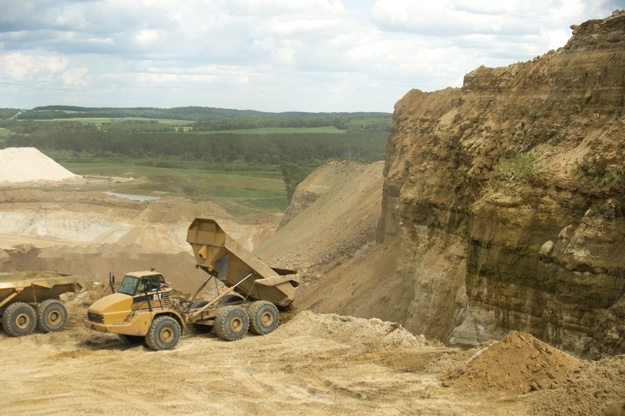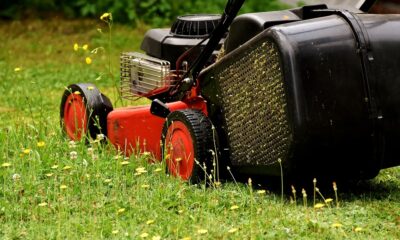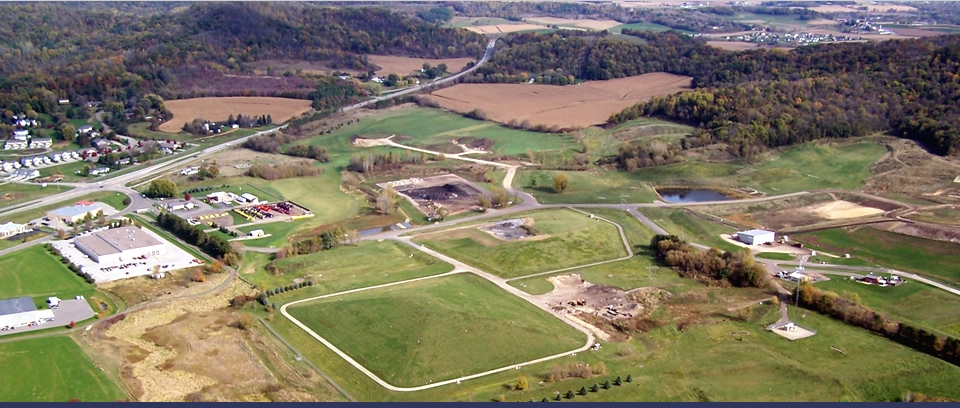Local News
Five-year collaboration transforms mine into a wild prairie

CHIPPEWA FALLS, Wis. (AP) — A five-year study has transformed a reclaimed Wisconsin frack sand mine into a successful wild prairie.
Researchers from the University of Wisconsin-River Falls partnered with industrial sand mining firm Superior Silica Sands and Chippewa County’s Department of Land Conservation and Forest Management to learn how sand mining impacts soil that is stripped away, stored and replaced after mining operations wrap up in Chippewa County.
Researchers are hopeful that the findings can be used at other mining operations around the state beginning to fill in their pits, Wisconsin Public Radio reported.
Students and UW-River Falls geology and soil science professor Holly Dolliver since 2013 have been taking hundreds of samples from land owned by Superior Silica Sands in the Town of Auburn. Dolliver said her students found the soil at the reclamation site compacted in a similar way to what happens on farm fields when heavy machinery is used, which makes it harder for water to filter through.
The reclamation study serves an important function in the state, said Chippewa County Land Conservation and Forestry Management Director Dan Masterpole. He said in Chippewa County alone, there are 85 active sand and gravel operations in different phases of the reclamation process. Seven of those are large-scale frack sand mines, three of which are beginning to restore land.
“I think we’ve got a very successful reclamation plot here,” said Masterpole. “I think the demonstration effort has served its purpose and in the long run what we need to collectively do is commit the resources required to assure high quality reclamation that is both sustainable and adds value — either as economic value, as working lands or ecological value, if it’s not put into an economic productive use.”
Researchers now hope to study the soils at the Chippewa County test plot for up to 20 years into the future.






